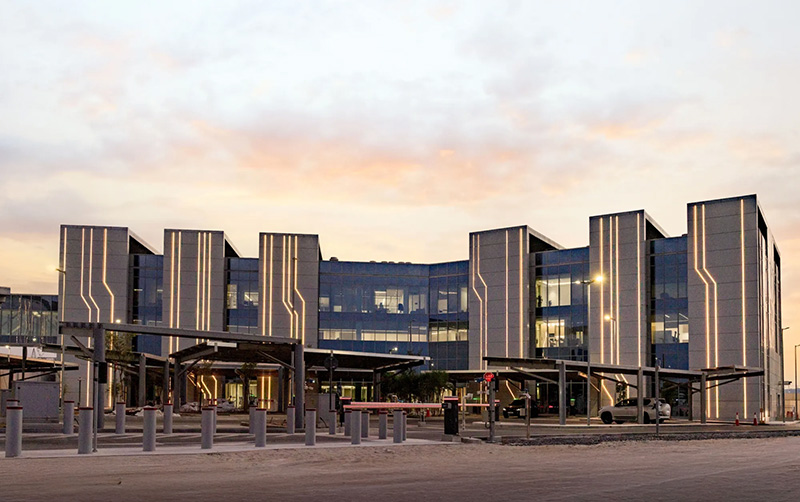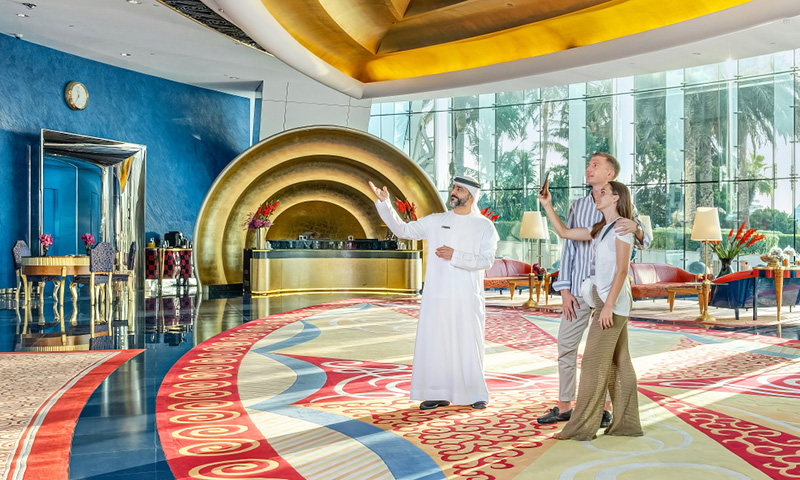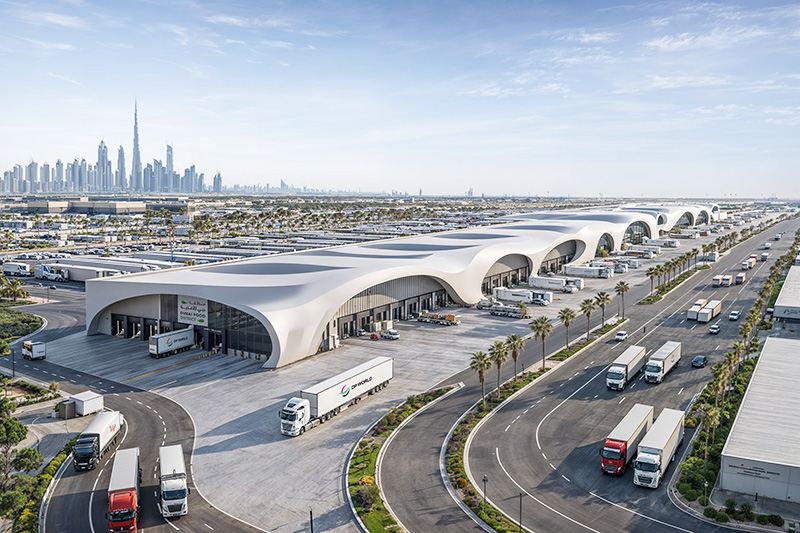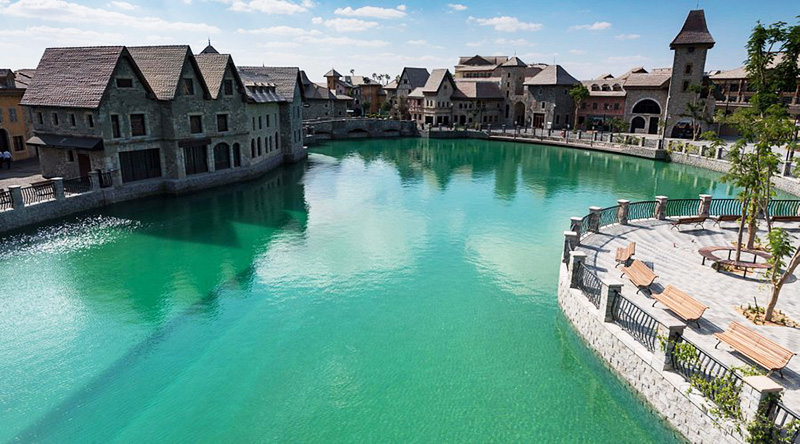
Dubai’s digital journey is nothing short of transformative. In the early 2000s, it hosted the Middle East’s first data center—an ambitious step that would eventually redefine the region’s digital future. Today, the city stands tall as the vital center of digital infrastructure in the Middle East and North Africa, a position achieved through bold vision, strategic planning, and unwavering leadership.
According to leading executives from global technology companies, Dubai’s data centers have moved far beyond simple hosting services. They now serve as economic engines that power innovation, support artificial intelligence applications, cloud computing, and smart city solutions across the region. This evolution has made Dubai the preferred destination for data infrastructure and a launchpad for digital services throughout the Middle East.
Naresh Singh, Senior Director and Analyst at Gartner, emphasized that Dubai’s success as a digital hub is driven by the availability of qualified talent, a business-friendly environment, and a high concentration of international tech firms. He noted that many of the world’s largest cloud service providers have chosen Dubai as the site for their regional offices and operations, citing the city’s commercial strength and its gateway position to regional markets.
Singh also pointed out that Dubai continues to outpace other regional cities in terms of data center site criteria—offering a combination of advanced infrastructure, reliable connectivity, and international accessibility that is unmatched in the region.
Walid Yehia, General Manager of Dell Technologies in the Gulf, echoed these sentiments. He highlighted how the UAE has become a global leader in digital transformation over the past decade, underpinned by a strategy to build world-class data infrastructure that supports sustainability and economic growth. Yehia explained that today’s data centers are no longer just technical assets—they are critical components of Dubai’s long-term smart and secure future.
Yehia noted that data centers empower organizations to innovate, optimize operations, and open up new revenue streams. From early co-location models to today’s hyperscale facilities, Dubai’s data center ecosystem has rapidly evolved to meet the demands of a deeply interconnected digital environment.
Dr. Raymond Khoury, founding partner of Arthur D. Little in MENA, described the launch of the first data center in Dubai as a “revolutionary” move. He praised the partnership between Dubai and IBM as a bold step that laid the groundwork for what would become a thriving tech ecosystem. Khoury stressed that the initiative went beyond physical infrastructure—it helped establish a digital environment where companies could securely manage their data and scale their technology operations.
He credited the clear foresight of His Highness Sheikh Mohammed bin Rashid Al Maktoum and the strategic execution of His Excellency Mohammed Al Gergawi for shaping Dubai’s digital identity. By aligning the emirate’s trajectory with global technological shifts, they positioned Dubai as a leader rather than a follower in the rapidly evolving digital landscape.
Dr. Khoury further pointed out that the decision to launch the region’s first digital hosting services in Dubai signaled a deep commitment to innovation. This allowed companies to enhance operational efficiency and marked the start of a new era in regional tech growth. The impact of these bold steps, he added, has extended beyond economic gains—they have inspired other nations to adopt proactive digital strategies.
Marwan Zeineddine, Managing Director of SAP UAE, explained that Dubai is quickly becoming a central hub for advanced digital infrastructure, supported by progressive leadership, favorable policies, and a strong regulatory framework. He emphasized Dubai’s geographic location and its ability to attract top-tier global talent, placing it in a strong position to lead in artificial intelligence and emerging technologies.
Zeineddine also noted the increasing momentum among SAP clients in the UAE, many of whom are laying the foundation for AI-driven transformation and future-proof operations.
Jad Haddad, Head of AI at Oliver Wyman’s Quotient unit, reinforced Dubai’s early and bold commitment to digital transformation. He recalled how the city’s early partnership with IBM in 2001 to create a regional data center signaled a forward-thinking approach that helped spark one of the world’s fastest-growing digital economies.
By developing local hosting capabilities early on, Dubai enabled companies to reduce reliance on external infrastructure, fueling growth in key sectors like fintech, e-commerce, media, and smart cities. Haddad also pointed to Dubai’s unique strengths—its location, international connectivity, reliable and competitively priced power, and a high-growth business environment—as the main reasons it continues to stand out.
He emphasized that data centers today are no longer seen as background infrastructure—they are essential tools for economic development, capable of supporting AI-driven innovation and enabling scalable digital strategies. With significant new investments underway, Dubai is on a clear path to solidify its position as a primary global hub for digital services.
Recent studies support this momentum. The UAE now leads the region with 35 operational data centers—18 of them located in Dubai. Another 11 are under construction, with an estimated investment of $3 billion and expected completion by 2026. Furthermore, six additional centers are in the planning phase, with a combined projected value of $41 billion.
This growth reflects Dubai’s clear vision: to be a smart, secure, and sustainable digital economy leader. Through strategic investments, innovative policy, and bold leadership, Dubai has not only built the infrastructure of the future—it has become its engine.









